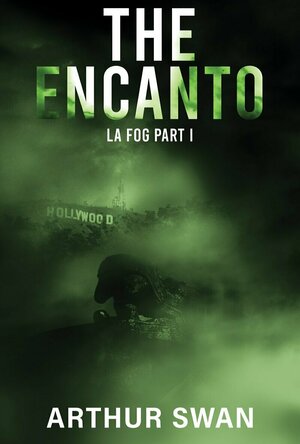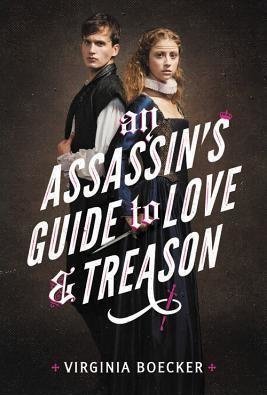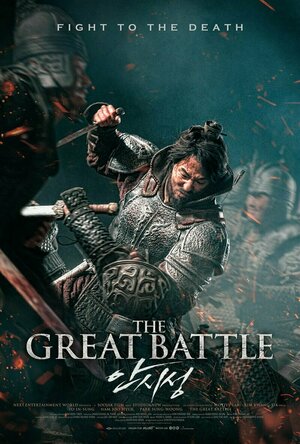
The Great Battle (2018)
Movie
The Great Battle (Korean: 안시성; Hanja: 安市城; RR: Ansi-seong; lit. Ansi Fortress) is a 2018...
Charlotte (184 KP) rated The Encanto (LA FOG #1) in Books
Oct 26, 2021
The Encanto is full of well written characters and lots of twists and turns. Not forgetting details that will keep you hooked from start to finish.
Descriptively rich you can easily get lost for hours in this world of mystery and intrigue......then 'wake' up in the real world. Make sure to have a cuppa to hand and some cheeky biscuits, a snuggly blanket and get comfortable.
Ideal for anyone with a love of historical type legends with artefacts and adventure. You'll be kept on your toes and there's the added bonus of this being the first in the series!!
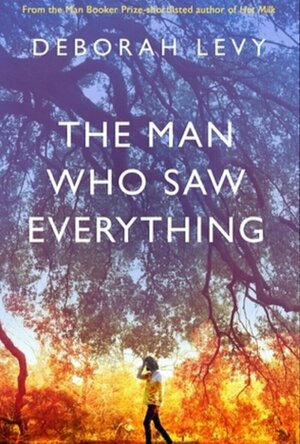
The Man Who Saw Everything
Book
‘It's like this, Saul Adler.' 'No, it's like this, Jennifer Moreau.' In 1988, Saul Adler...
Magical Realism Historical fiction
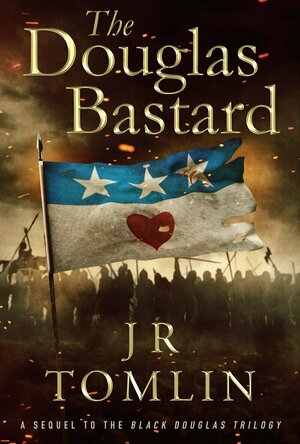
The Douglas Bastard (A sequel to The Black Douglas Trilogy)
Book
The Black Douglas is dead. With Scotland's greatest knight no more, the throne is up for grabs as...
Historical Fiction
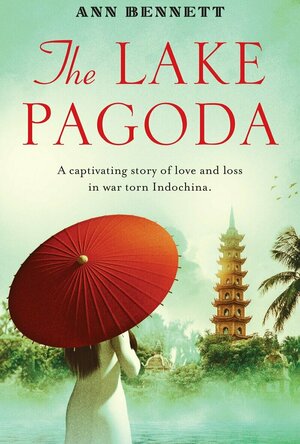
The Lake Pagoda
Book
Indochina 1945: Arielle, who is half-French, half-Vietnamese, is working as a secretary for the...
Historical Fiction
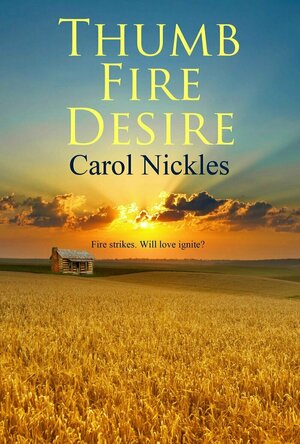
Thumb Fire Desire
Book
In the Spring of 1881, indigent seamstress Ginny Dahlke arrives in one of the earliest Polish...
Historical Romance
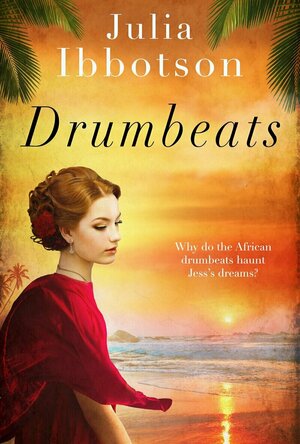
Drumbeats (The Drumbeats Trilogy #1)
Book
It's 1965 and 18 year old Jess escapes her stifling English home for a gap year in Ghana, West...
Historical Mystery Romance
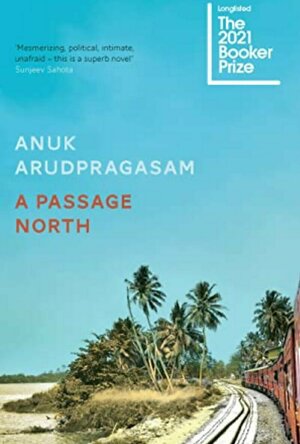
A Passage North
Book
It begins with a message: a telephone call informing Krishan that his grandmother's former caregiver...
Historical fiction Literary fiction Asia Sri Lanka War India
Amanda (96 KP) rated An Assassin's Guide to Love and Treason in Books
Mar 12, 2019
The story was detailed and beautifully written. You can really get a sense of the amount of research the author put into writing this book. I've never been a huge historical fiction fan, but I did enjoy this book in particular.
Not only did Katherine (Kit as a boy) commit an illegal act (dressing up as a boy to be in a play - yes, I know, but women were not allowed to act in plays) but if Toby's secret ever came out about him liking men and women, the queen would hang him, whether she favored him or not. I felt badly for both of them. Although, sometimes, Kit was rather reckless and probably shouldn't do certain things - such as going to a dark alley and witnessing a fight so you could learn how to. Male or female, don't do that, seriously.
The plot twist, however, I wasn't expecting but it left me more confused than awed. I didn't quite understand the twist and I feel like it wasn't really explained. The ending was not too bad, but then again, I myself couldn't think of a better way to end a story like that.
I know Boecker has a witch hunger series, so I'm curious about that and hope to pick up the first book soon.
All in all, the book was a great detailed story. There are some parts where it felt like it trailed off, but it's historical fiction, and the plot twist I wasn't really that impressed. The story as a whole was good - I'd say 3.5/5 stars. This is more for people who are huge into historical fiction, but if you like the whole premise of a story with Shakespeare, I'd say give it a try at least.
